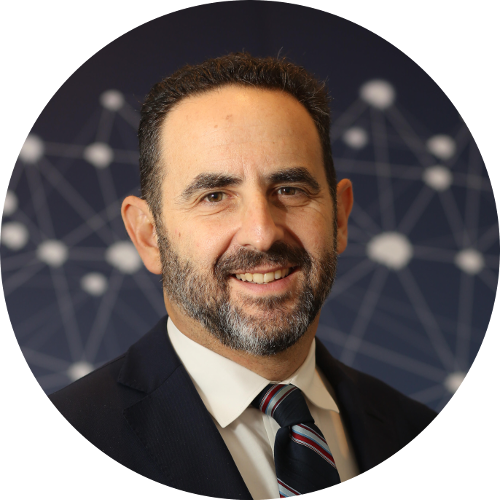Speaking up is hard to do.
You see something ethically questionable. Notice someone not being included. Run up against offensive speech. Disagree with an opinion that’s all too quickly become consensus. Want to add a different idea to the decision-making process.
While we’d all like to think that if we saw something, we’d say something in these situations, we are strikingly bad at anticipating how we’ll feel in future circumstances and, for a whole host of cognitive reasons, it can be incredibly difficult to speak up in the moment. In fact, research suggests that most people tend to not act, and then rationalize their inaction.
But you’re not really doing your job — as a diligent employee, compassionate colleague, or thoughtful leader — if you don’t lend your voice to the conversation. So what can you do?
First, realize how psychologically difficult — and worthwhile — speaking up can be.
Research on “realistic optimism” shows that when people set out to do difficult, personally meaningful things, they’re more likely to follow through if they expect that the task will be challenging. In speaking up, as in life, one must appreciate the difference between believing you will succeed and assuming that you will do so easily.
To wit: When New York University psychologist Gabriele Oettingen studied women on a weight-loss program, she found that those who thought they would succeed lost 26 more pounds than self-doubters. However, those who thought they would easily succeed lost 24 pounds less than their more realistic peers.
When it comes to speaking up, it’s crucial to recognize that it won’t necessarily feel easy to do.
Second, work to lessen the social threat that speaking up creates.
Social motivation comes in five flavors: status, certainty, autonomy, relatedness, and fairness. While there are individual and cultural differences in degree and expression of each domain, everybody needs a sense of esteem within a group, confidence about their experience of life, freedom of choice, social bonds, and reciprocity. Together they form the common currency of interpersonal interaction: the rewards and threats we face when dealing with other people.
When you’re speaking up to someone, any one of these five buttons might be pushed, but most commonly it’s status, especially when you’re communicating up the chain of command. So you need to make it clear that you’re not out to get anyone, nor are you necessarily attributing ill will to the person or people you might be speaking about. Show that you are providing feedback on impact, without making any assumptions about intent. For example: “You may not have meant to offend, but here is how I experienced that joke.” You can also dial up the relatedness: “I’m on your side and bringing this up because I care.” And for people who value certainty, you should make your goals abundantly clear at the start of the conversation. The better you know a person, the better you can tailor your approach.
Third, make a plan.
Uncertainty breeds inaction. When you’re put on the spot, not knowing what to do is a primary reason for not acting. It’s the difference between thinking “I don’t know what to do” and “I’m prepared for this.”
Hence the need to create a plan. If-then planners are about 300% more likely than others to reach their goals. Even though you won’t be able to predict the specifics of every situation, creating a plan for how to speak up can significantly increase the likelihood that you do so when the moment presents itself.
Start by identifying in advance the kinds of situations that occur in your role where you may need to speak up. For example, when you notice your manager making a decision based on incomplete information, or when you see an opportunity to improve an existing service, or when you witness a colleague interrupting more junior team members in meetings. Then decide how you will handle each: Will you have a direct conversation that challenges another person, or take another route? If you do speak up, how will you start the conversation? Together, these steps form your if-then plan. If I see this, then I’ll do that.
And with that plan, you can speak up with respect — and impact.
Originally published on Harvard Business Review.
Follow us here and subscribe here for all the latest news on how you can keep Thriving.
Stay up to date or catch-up on all our podcasts with Arianna Huffington here.




